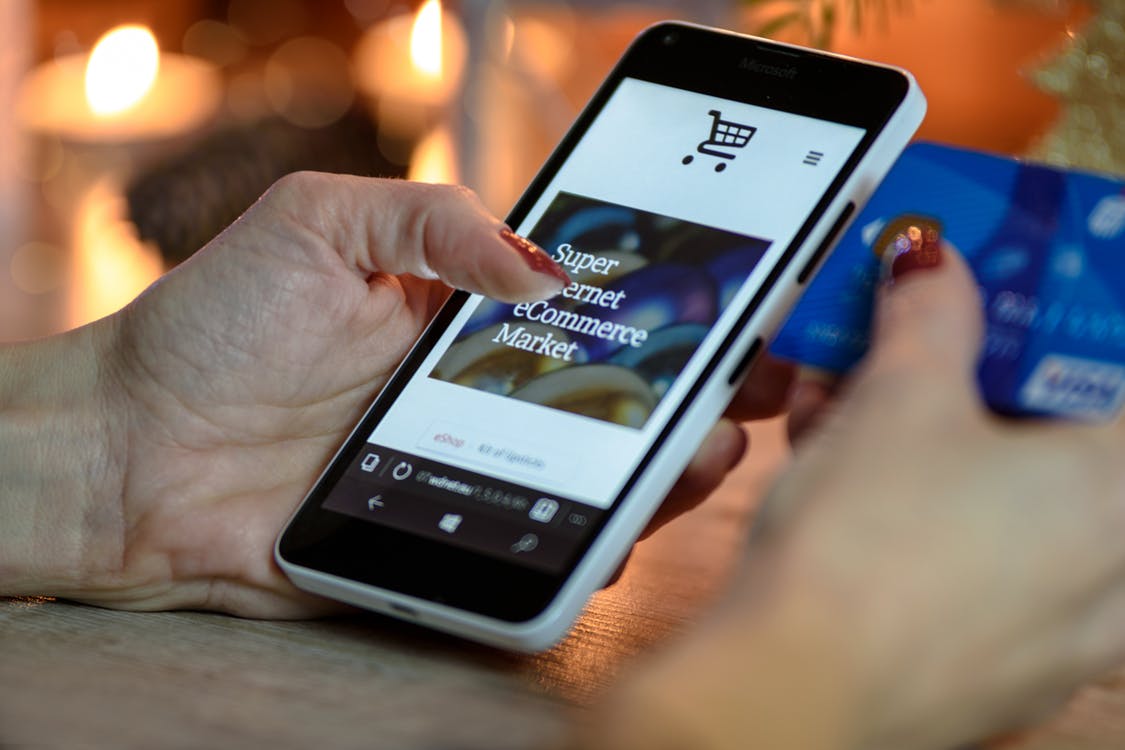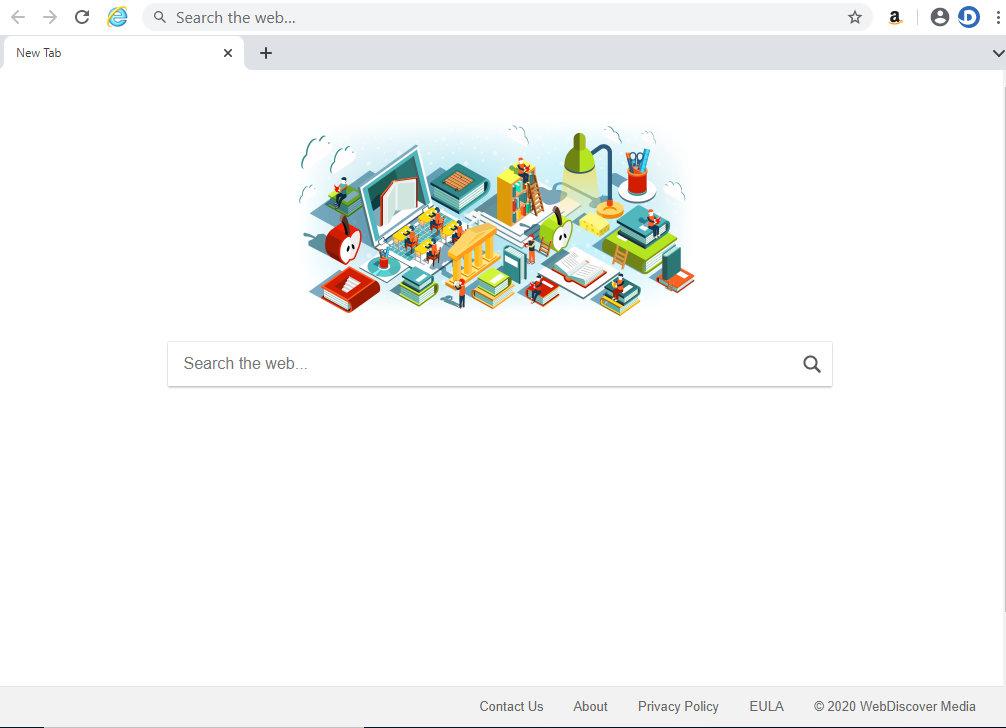Online Banking Security Tip – Be Secure Transacting Online
Online banking isn’t the latest craze, though its niceties and conveniences we yearned for are here and truly with us forever. Whether it is opening a bank account, transferring funds, asking for a loan, make purchases online or just about anything, all you can do is make the request right from the comfort of your living room. In fact, the glamor is further heightened by the fact that online banking can be done via a phone or PC, and without the bureaucratic, annoying procedures typical with physical banking.
But in the midst of the grandeur of online banking is the lurking danger that is virtually hard to regulate as it knows no guns, masks and getaway cars. Sure, you regularly safeguard your information using a ‘crack-proof’ password, just like any bank would say “Yes, you can safely bank with us online.”
Nowadays, proper online banking security is more important than ever given the massive hacking and unauthorized account infiltration methods devised by the many cyber-criminals. But to be extra safer, you need to grasp and practice these online banking security tips:
Use a Secure Password; Change It Regularly
To many, a ‘strong’ password is their ID, DL or phone numbers, which is actually wrong. It should be a password, which can’t be easily guessed by anyone, perhaps because it has at least eight characters that consist of numbers, letters (both upper case and lower case) and special symbols. Sure, it could be insurmountable to memorize it, and that’s why you must have a password manager app. More importantly, change it to enhance your online banking security.
Install and Use an Official Banking App
Nearly every bank today has a banking app for either Android or iOS devices. The best thing about a banking app is the rigorous testing it undergoes, including the guarantee of safe and encrypted data. It is an excellent online banking security tip, and you must only download it from your bank’s official website or app store – don’t download one from any unofficial site.

Avoid any ‘Official-looking’ emails, links and text messages
Emails, links with attachments, and text messages that purportedly come from your bank and require a reply are a No-No. Cybercriminals and scammers are pretty smart and often plant malware or create phishing sites whose major purpose is to collect login details from unsuspecting online banking faithful. And so, if you receive an email or text with a link, dismiss it immediately.
Use the latest, premium anti-malware software on your PC and smartphone
Your device is extremely vulnerable to malicious software when you are surfing online without reliable antivirus software. You must ensure to purchase one of the best ones and update them regularly so that hackers and malicious online criminals don’t use malware and Trojans to steal data that would make it easy to hack your online bank account.
Bank on Secure Wi-Fi networks – Skip public Wi-Fi!
You can’t really tell who is seeing what you could be sending via public Wi-Fi and that’s why you must never access your online banking account using it. Wi-Fi available at your coffee shop, at the library or anywhere with no regulation often serves as a perfect haven for cybercriminals and hackers. Whenever possible, bank online over a secure network or by using your cellular network.
To enhance your online banking security even further, you can enable two-factor authentication that entails using a text code sent directly to your phone. Additionally, lock down the device you regularly use to access your online bank and ensure you don’t lose it. More importantly, always log out of your account whenever you are done transacting only. If you practice all these, your account will be safe and secure at all times.






